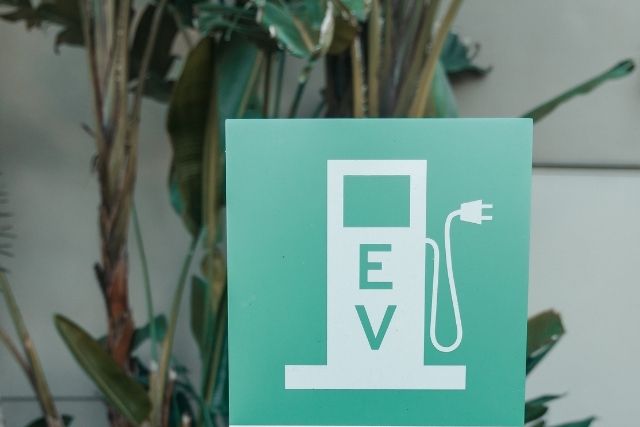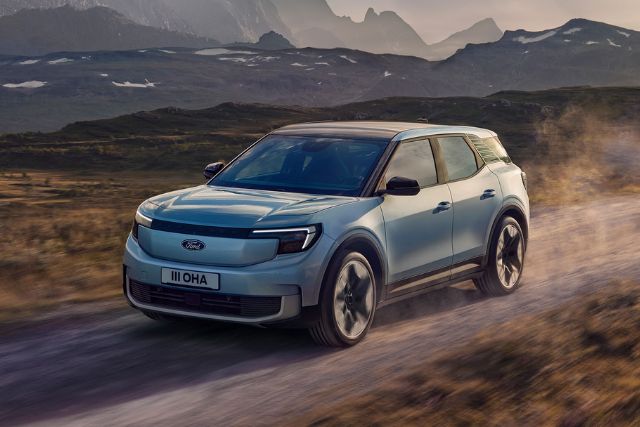As electric vehicles (EVs) continue to gain popularity, questions around their efficiency and cost-effectiveness remain prevalent. One of the key concerns for EV owners is whether charging their vehicles from 80% to 100% incurs additional energy costs. This blog post delves into the implications of charging habits, energy consumption, and their overall impact on costs.
When charging an EV, the process isn’t linear. Charging from 0% to 80% is generally faster and more efficient than charging from 80% to 100%. This phenomenon is due to the way battery management systems work to protect battery health. As the battery approaches full capacity, the charging speed decreases significantly, causing longer charging times and potential energy inefficiencies . Research suggests that charging from 80% to 100% can consume more energy than charging from a lower state of charge, thereby increasing costs in some cases .
The Impact of EV Charging Rates
Another critical factor influencing the cost of charging an EV is the pricing structure of electricity. Many utility companies utilize tiered pricing systems, meaning the cost per kilowatt-hour (kWh) varies based on the time of day and the total amount of energy consumed. For example, charging during peak hours can result in higher rates compared to off-peak times . This means that if an EV owner frequently charges their vehicle to 100% during peak pricing periods, they may incur significantly higher costs.
Long-Term Battery Health and Costs
Regularly charging an EV to 100% can have detrimental effects on battery health over time. Lithium-ion batteries, which power most EVs, experience wear and tear with every charging cycle, especially when consistently charged to full capacity . This degradation can lead to a reduction in the vehicle’s range and overall efficiency, necessitating earlier battery replacements. Thus, by maintaining a charge between 20% and 80%, EV owners can prolong battery life, ultimately reducing long-term costs .
Charging an electric vehicle from 80% to 100% can indeed lead to increased costs due to energy inefficiencies, the potential for higher electricity rates, and long-term battery health concerns. Adopting a charging strategy that focuses on maintaining a more efficient state of charge can provide significant cost savings for EV owners. By being mindful of when and how they charge, EV drivers can enhance both the performance and longevity of their vehicles while managing their expenses more effectively.



